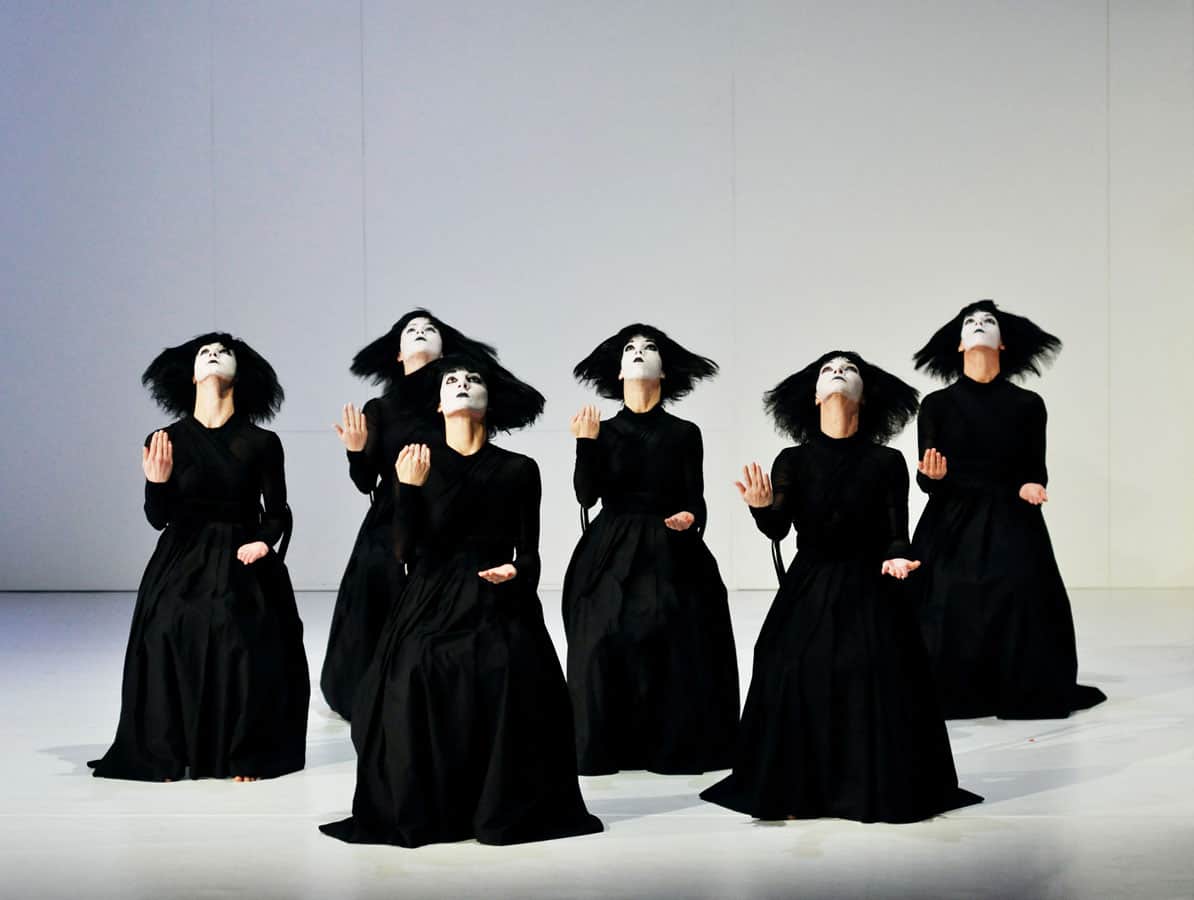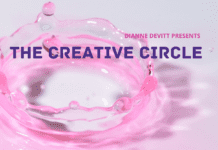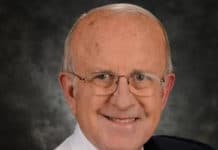 Like theater, venues are the stages for meetings and events.
Like theater, venues are the stages for meetings and events.
As the theater and other live industries have categories for people who plan the experiences—i.e., the director who blocks the scenes, the designer who interprets the objectives into a tangible form, the stylist who integrates the look and the stage manager who keeps the logistics in order—so, too, the meetings industry has the opportunity to raise awareness through new job sectors, responsibilities and titles on both the planner and venue sides.
As the sensory experiences we create through a meeting or event have a new greater responsibility to be on brand with creative direction that ties in the vision, objectives and goals, the choice of venue and the dynamics around that choice matter. Just like theater, the size, physical environment, flexibility of staging and all the moving parts affect the outcome.
As most communication is non-verbal, averaging more than 80 percent among the five core senses, the visual impact a venue makes—the way people are staged, blocked, flow from space to space, interact with one another, enjoy themselves through all the points of engagement with meals and recreation time—is the planner’s responsibility. The first impression your attendees have matters for long-term recall. In fact, our more than 25 senses process more than 11 million sensory receptors every second. That’s a lot of impressions to make and a lot of opportunities for the planner to bring these areas into the meeting and event experience.
The major difference in theater and meetings is that the attendees are the actors, participating in a live, interactive experience. There is a bigger picture of responsibility for the planner to understand the relationship and design of the venue, its features and environment in order to use the entire physical space to maximize the experience and the outcome. This is what I call event direction and event styling, which I discuss further in my book, “What Color is Your Event?” Venues offer public areas that create opportunity, but how they are used is based on who is styling the experience. This is a communication opportunity for the venues to maximize the physical space based on the meeting objectives.
I do not believe that creating an experience is budget driven. Experiences are affected by budget, but not limited in the opportunity to maximize effectiveness. If planners worked with the right partners in designing the experience and/or were supported by the venues with someone in this position, it would be a benefit to both and, most importantly, the outcome of the meeting. Most planners have strategic and logistical priorities servicing their client that is a priority and requires a different skillset and focus. Seeing possibilities and designing the experience is a new category for both the venue and planner to support.
It is also critical for venues to keep ahead given the advances in technology. With the next generation coming onto the scene, this is not a feature; it is an expectation, just as a bed in a room. Use of technology—where, how and when it is used and its accessibility—has an obligation to intersect somewhere between the physical design and the attendee experience. In other words, technology needs to be a part of it, not an accessory.
All of this is about creating the seamless experience, the sensory experience that incorporates visual dynamics, logistical and kinetic engineering, and creating and recognizing new niches. It wasn’t that long ago that the concept of a social media marketer was an exception, and now it is the rule. So, too, planners understand the need for new positions to support their work—to combine strategy, content design and engagement into the total guest experience.
A few years ago, I presented on this topic at an industry conference and asked the attendees what some job titles might be for the future. The response included director of sensory experiences, director of interaction and director of engagement. What new positions will your organization open up to cater to this ever-evolving market?
Dianne Devitt is all about creating strategically planned experiences. Author, speaker and event producer, her company, the DND Group, is a global premiere company providing executive direction and design, to maximize investments in live experiences.










